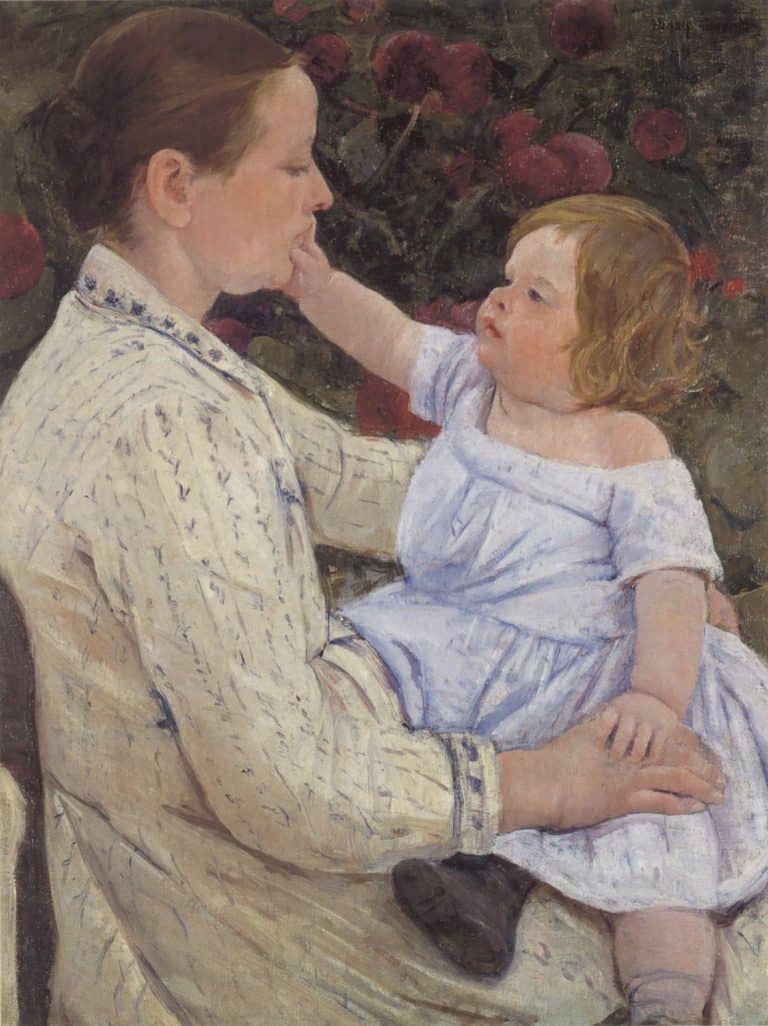The Lessons I Learned from Relapsing

As I stepped outside, I felt a rush of positivity that could only be matched by the sun radiating above me. Graduating from the OCD Institute after giving the 110% effort that in-patient therapy demands, I felt like a new chapter of my life was finally unfolding. One where I could run at full speed without OCD holding me back.
This confidence gradually declined as my OCD symptoms started to rear their ugly head. I’d find myself locked in my dorm room pacing around to OCD’s tune. I lost sleep. I skipped classes. I felt like a mess.
Only a few months went by and I would find myself back at the OCD Institute’s doorstep.
It turns out it was a new chapter of my life. I just didn’t know it would be titled, “Relapse”.
Now, with the benefit of hindsight, I can look back and truly process the lessons that relapse taught me:
Be Wary of Recency Bias
Recency bias gives greater importance to recent events. A typical example is the friend that over-hypes an average movie that they just saw. Give it a week or two and their opinion will look a lot more realistic.
Recency bias can distort more than our movie opinions. I was the most confident right after completing in-patient therapy and while confidence is not inherently bad, it can dull your senses. It became that much easier to overlook when I gave in to OCD.
A compulsion here or there isn’t a big deal after you’ve graduated from a 13-week program that trained you to manage your OCD, right?
The Lessons I Learned from Relapsing
It’s important to try to resist OCD at any point in time. Every time we give in, OCD gets a little bit stronger. The only thing worse than OCD is OCD after it has gained momentum. Looking back, I gave OCD too many little wins.
Don’t let OCD take advantage of your recent success. Keep your guard up and stay vigilant.
Stick to the Plan
It’s hard to attribute my relapse to a singular thing. In reality, there were probably many forces at play with the clear headline being – “I wasn’t ready”. But if I could go back in time to change one thing that had the best chance of turning the tide, it would be ensuring that I stuck to the plan.
I came out of my in-patient program with a solid plan created by my behavioral therapist. It included guidelines for sleep and medication and the best thing of all was that it truly worked. I remember going weeks without any major OCD hiccups. This streak gave me a false sense of security.
So when I accidentally missed my medication for the day, there was no sense of urgency. I still felt the same and figured it wasn’t a huge deal. When I gave into a ritual, I didn’t take it seriously. These slip-ups should have been red flags, but instead, they went unnoticed.
One day of skipping meds became two and then three and then four. Deviating from the plan became more commonplace and so when I was tempted to pull an all-nighter, there was little hesitation. A lack of sleep resulted in me napping throughout the day, missing classes, and not going outside for exercise.
The Lessons I Learned from Relapsing
OCD fed on my unhealthy behavior and became even stronger. It was this everincreasing snowball of negative synergy that led to my relapse.
The lesson here is to take the little slip-ups seriously. If you miss a day of medication, make sure you don’t miss another. If you feel yourself giving into rituals more often, reach out to your therapist to come up with a plan.
OCD is a hard enough battle on its own. There’s no reason for us to make it harder by not taking the easy wins. Stick to the plan.
It was for the best
When my OCD symptoms started to appear again, I didn’t immediately reach out to my therapist to come up with a new strategy. The last thing I wanted to do was admit that I might be relapsing. I was too afraid of taking medical leave a second time.
I was scared that it meant that I’d lose everything. I was scared that it meant I was treatment-resistant and that I would always relapse sooner or later. I thought it would be easier to ignore the symptoms. This strategy never works.
Relapse doesn’t mean failure.
I’ve learned that doing a second round of in-patient therapy is like rewatching a good movie. You pick up on details that you missed the first time and you gain a greater appreciation for its purpose.

